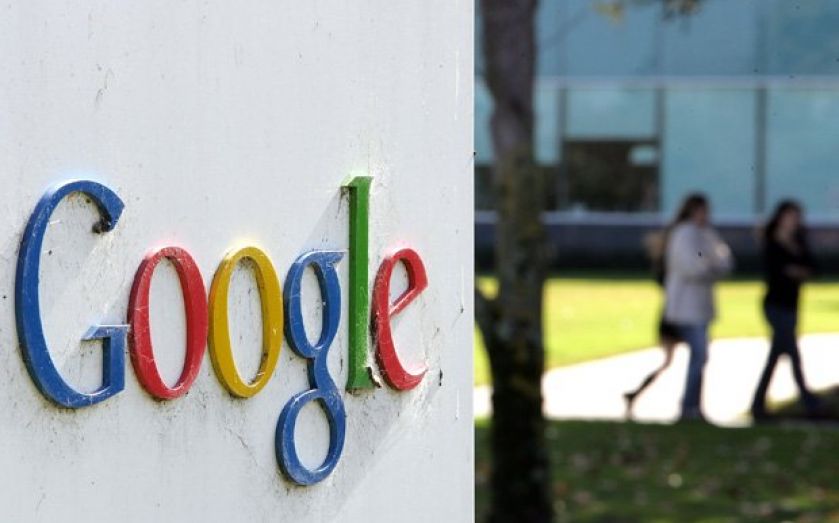Why Europe’s right to be forgotten online will be an expensive mistake

GOOGLE has taken the first steps towards complying with the European Court of Justice’s (ECJ) ruling that people have a right to have links removed from search results. But debate around the “right to be forgotten” online is not going away. Some have praised the ECJ for empowering individuals to have more control over their information. Others have berated the court for allowing further censorship of the web, with the rich and powerful able to remove information about themselves.
However, one thing is clear; the ruling does not represent the right to be forgotten online. And although the principle behind it is laudable, in practice it fails to deal with crucial data protection issues, creates an opportunity for people to rewrite history, and will have a damaging impact on innovation in Europe.
First, you don’t suddenly now have a right to be forgotten. Take what happens when you want to close a social media account. At present, many firms indefinitely hold onto your information, despite the fact that you have deleted your profile, just in case you decide to re-join. Citizens should have clarity, transparency and better rights when it comes to stopping firms collecting data without proper consent, or holding onto information for an unjustifiable length of time. The ECJ has done nothing to change this.
Yet its ruling does state that Google must delete “inadequate, irrelevant or no longer relevant” data from its results if a user requests it. It’s a nice idea, but the ECJ has effectively made the search engine intermediary responsible for the content of others. Information won’t be taken down at source, but the likes of Google will be liable for fines if they fail to remove links that meet the EU’s criteria.
In fact, the ECJ contradicts other rulings in the US and EU, which state that intermediaries are not responsible for content produced by creators – be it a newspaper or an individual. Instead, the ECJ has decided that intermediaries must consider “the nature of the information in question and its sensitivity for the data subject’s private life and on the interest of the public in having that information, an interest which may vary”. The implications are clear. Google has already received a few thousand requests to remove links, including from convicted paedophiles and politicians involved in the expenses scandal. That number is expected to rise rapidly.
This will mean big compliance costs for tech firms. Google is lucky that it has the resources to develop mechanisms to adhere to the ruling. Others will not have that privilege. Craig Newman of Washington’s Freedom2Connect Foundation has argued that “the cost of providing information over the internet in Europe has just skyrocketed”. And in practice, he notes, the ECJ has placed responsibility for compliance squarely on the back of US-based tech firms, not Europeans. Indeed, there is a fear that this added layer of bureaucracy could lead to future startups choosing to forego a European presence, given the higher cost of doing business here.
With the internet making up approximately 10 per cent of the UK economy, is this really something the UK is willing to accept?
Emma Carr is acting director of Big Brother Watch.